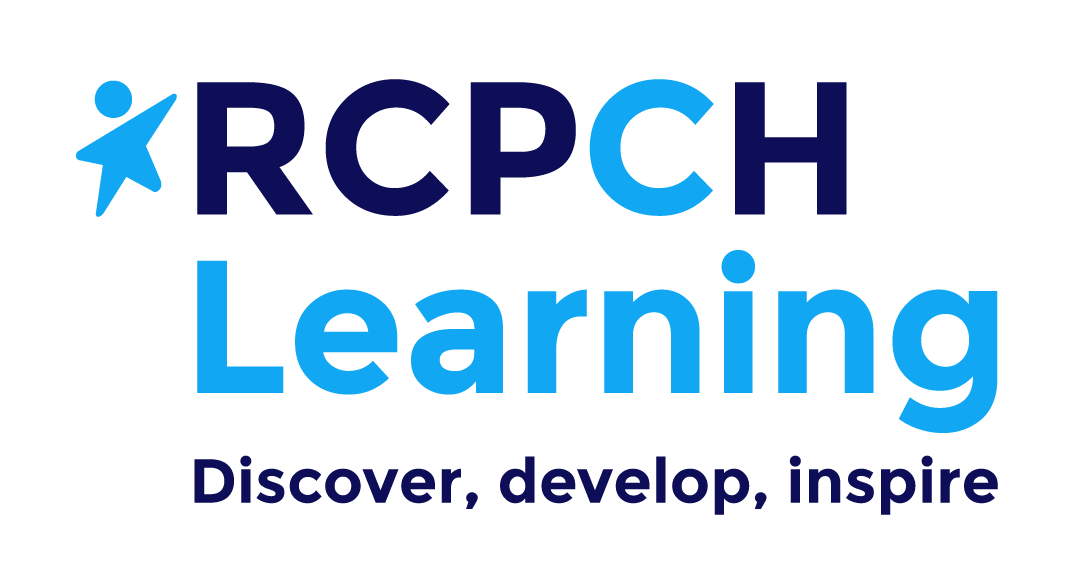A general paediatrician’s guide to common ano-genital presentations (Level 3)
This one day in-person course looks at how to effectively examine children with ano-genital presentations, recognise possible signs of abuse and how to keep children at the centre of care.
What is the course about?
Paediatricians working in a range of clinical settings may encounter children with ano-genital conditions that require effective management. In some cases, there may be indications of suspected sexual assault and it is important that the required safeguarding actions are taken.
This one day in-person course looks at how to effectively examine children with ano-genital presentations, recognise possible signs of abuse and how to keep children at the centre of care.
Check out our current course listings (opens in same window) to see if this course is open for booking. If it’s not listed, register your interest below.
UPDATE – The next course is taking place on Wednesday 29 April – book your place today!
Target audience
This course is for specialty paediatric trainees (ST5-7), SAS and locally employed doctors and consultant paediatricians who are not actively working with children who have experienced suspected sexual assault or are intending to join a CSARC rota.
If you are working within this field, our Child sexual assault and the forensic examination would be more appropriate.
Course aim and learning outcomes:
Aim:
To develop the knowledge and skills of general paediatricians to effectively recognise the common paediatric presentations of ano-genital conditions, and to recognise when they may be abusive injuries or other concerns about CSA so that the necessary safeguarding actions can be taken in a child-centred approach.
Learning outcomes:
By the end of this course, you will be able to:
- Effectively examine the ano-genital area of children
- Describe unusual (including abusive) genital signs
- Outline the role of SARCS and the role of paediatricians in assessing common genital presentations
- Understand consent and how to engage with children to ensure their voice is heard
Faculty leads

Dr Jamie Carter
Dr Jamie Carter, FRCPCH and LFLLM, is a Consultant Paediatrician working in paediatrics for the last 23 years and was the Assistant Child Protection Officer for the RCPCH until December 2018. This involved developing and delivering the RCPCH’s first Forensic Sexual Assault Best Practice Course in November 2018, which continues to run annually. He works in the Sussex SARC and in the role of Designated Doctor for Child Protection for Brighton and Hove & West Sussex. Jamie completed a Fellowship in the Child Protection Unit at Sydney Children's Hospital, Australia and am trained in the forensic assessment of children who have been sexually abused. Jamie has been undertaking expert witness work on CSA, specifically male signs, since 2016. He regularly teaches on all forms of child abuse including child sexual abuse on undergraduate and postgraduate courses as well as multi-agency audiences. Jamie was a chapter co-author and contributor to the 2024 RCPCH Physical Signs of Child Sexual Abuse.

Dr Jo Gifford
Dr Jo Gifford is a Consultant Community Paediatrician in Coventry and Designated Doctor for Child Safeguarding Coventry & Warwickshire. She is the current Child Sexual Abuse Expert Lead on the RCPCH Child Protection Standing Committee, and RCPCH rep on the FFLM Academic Committee. She is Project Co-Lead on the Physical Signs of Child Sexual Abuse 3rd Ed purple book. Specialising in CSA since 2005, she is an experienced paediatric forensic examiner and Expert Witness. She has previously been Clinical Lead for a large regional Paediatric SARC service. She has teaches widely on child safeguarding and child sexual abuse topics.
Delegate feedback
Small group sessions allowed discussions. I enjoyed working through the practical cases and discussing considerations I would take as a general paediatrician.
Really relevant to practice and increased knowledge and awareness of differentials and CSA and knowledge of appropriate pathways and management and how to have discussions.
